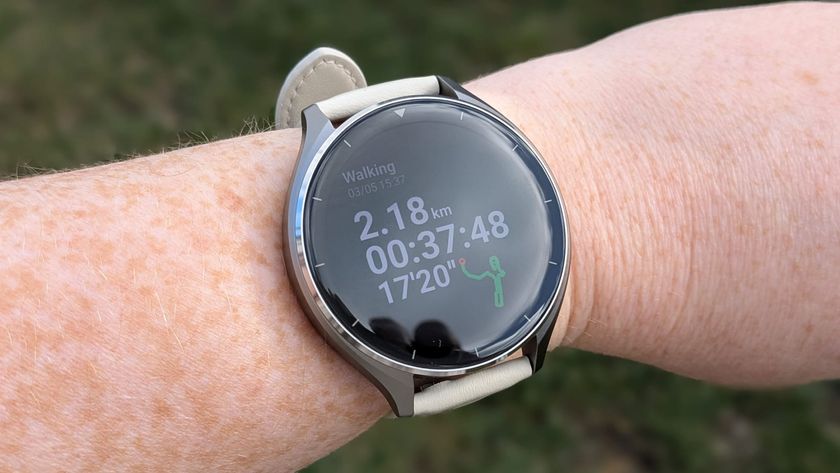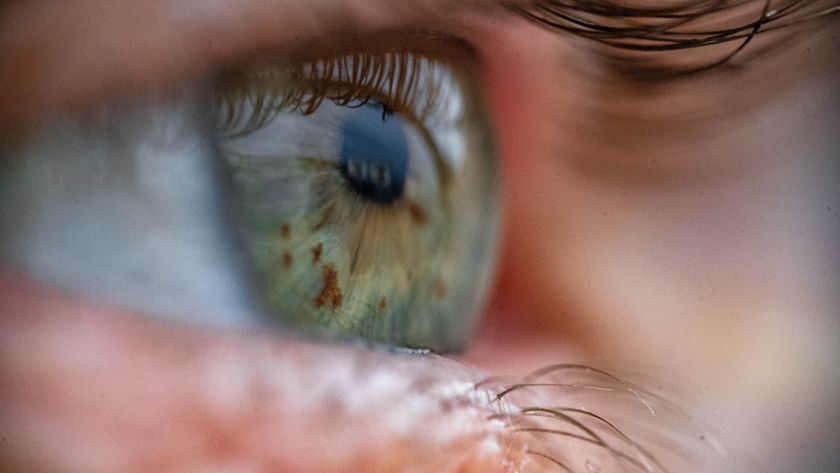Yawn! School Starts Too Early for Teens, CDC Says

Most U.S. middle and high schools start the day around 8 a.m., which public health officials consider too early for teens, according to a new report from the Centers for Disease Control and Prevention.
School start times that are too early can contribute to lack of sleep among teens, most of whom don't get the recommended 8.5 to 9.5 hours of shut-eye, the report said. In 2014, the American Academy of Pediatrics (AAP) recommended that middle and high schools start no earlier than 8:30 a.m.
"Getting enough sleep is important for students' health, safety, and academic performance," Anne Wheaton, an epidemiologist in CDC's Division of Population Health and co-author of the agency's new report, said in a statement. "Early school start times, however, are preventing many adolescents from getting the sleep they need."
The researchers analyzed information from a survey of nearly 40,000 public middle and high schools (and combined schools, with both middle and high school grades) given in 2011 and 2012.
The average school start time was 8:03 a.m., the study found. Only about one in five middle school students, and one in seven high school students started the school day at the recommended time of 8:30 a.m. or later.
However, school start times varied greatly by state. In Hawaii, Mississippi and Wyoming, there were no schools starting at 8:30 a.m. or later, but in Alaska and North Dakota, more than 75 percent of schools started at 8:30 a.m. or later, the report said.
Schools started earliest in Louisiana, where the average start time was 7:40 a.m., and latest in Alaska, where the average start time was 8:33 a.m. [School Start Times in U.S. States: Full List]
Sign up for the Live Science daily newsletter now
Get the world’s most fascinating discoveries delivered straight to your inbox.
Too little sleep in adolescents is linked with health problems such as obesity, symptoms of depression and not getting enough exercise, as well as poor academic performance, the researchers said.
"Among the possible public health interventions for increasing sufficient sleep among adolescents, delaying school start times has the potential for the greatest population impact by changing the environmental context for students in entire school districts," the researchers wrote in the Aug. 7 issue of the CDC journal Morbidity and Mortality Weekly Report.
Educating parents as well as those who make decisions on school start times about the impact of sleep deprivation on teen health and academic performance "might lead to adoption of later start times," the researchers said.
Other steps that can improve sleep in teens include setting regular bedtimes and waking times (even on weekends), and removing technologies, such as computers, video games and mobile phones, from teens' bedrooms.
Because the study looked at school start times in 2011 and 2012, it was not able to determine whether some schools had changed their start times in response to the 2014 AAP recommendation.
Follow Rachael Rettner @RachaelRettner. FollowLive Science @livescience, Facebook& Google+. Original article on Live Science.

Rachael is a Live Science contributor, and was a former channel editor and senior writer for Live Science between 2010 and 2022. She has a master's degree in journalism from New York University's Science, Health and Environmental Reporting Program. She also holds a B.S. in molecular biology and an M.S. in biology from the University of California, San Diego. Her work has appeared in Scienceline, The Washington Post and Scientific American.












